Building a Bigger, Better South Australia: Industry chiefs call for tough public service rules in bid to slash business red tape
The state’s bureaucrats would cop all-new KPIs under ambitious big ideas from SA industry heavyweights.
SA News
Don't miss out on the headlines from SA News. Followed categories will be added to My News.
Imposing performance measures on the state public service and folding Adelaide City Council into a larger metropolitan institution are being urged by business and industry leaders.
In a survey of influential people to launch The Advertiser’s Building a Bigger, Better South Australia campaign, respondents list their ideas to create a more prosperous state enjoying higher wages, education levels and living standards.
• Download the app for your Apple iPhone
• Download the app for your Android
SA Productivity Commission chairman Adrian Tembel called for “a strong commitment to transparent and independent performance measurement” of government departments, coupled with “the setting of quantifiable improvement targets” as “standard operating procedure across our public sector”.
Commercial & General construction firm executive chairman Jamie McClurg urged local government reform, accusing Adelaide City Council of often putting “the interests of a small and relatively privileged fraction of the state’s population” ahead of the broader community.
The business and industry leaders, who also included BHP asset president copper SA Anna Wiley and shop assistants’ union chief Josh Peak, mostly noted improved optimism and opportunity but listed various challenges ahead.
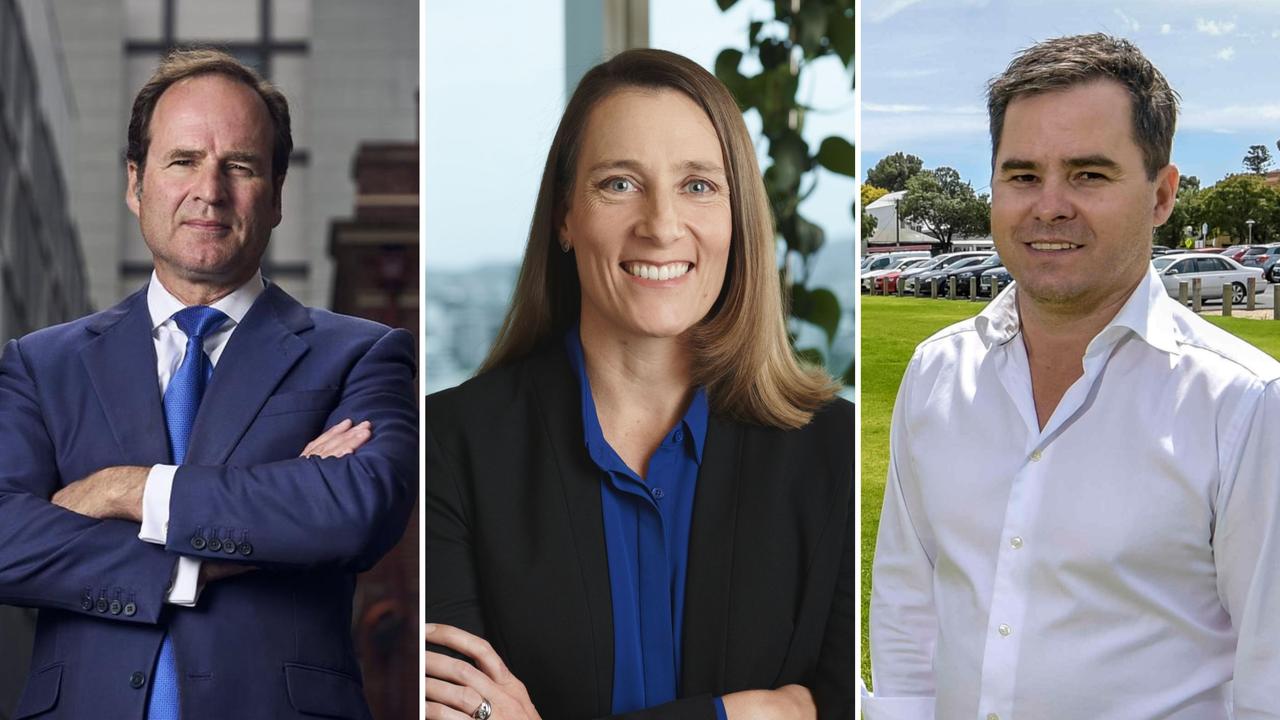
The Advertiser’s Building a Bigger, Better South Australia campaign, which started in 2022, has contributed to arresting a long-term economic decline by challenging conventional thinking on future jobs, population growth, planning, tax and the economy – directly confronting SA’s problems and opportunities.
Successes include Prime Minister Anthony Albanese and Premier Peter Malinauskas hammering out the final stages of SA’s role in the AUKUS nuclear-powered submarine project during a brief meeting on the sidelines of the 2023 Building a Bigger, Better SA forum.
Ahead of this year’s campaign, we asked business, industry and union leaders to assess the current state of South Australia’s society and economy, single out the biggest issues facing the state, and give their ideas to build a bigger, better South Australia.
Mr Tembel, whose Productivity Commission role was created by the previous Liberal government and retained by Mr Malinauskas, said government departments must aspire to deliver at world-class levels of performance and cost-effectiveness.
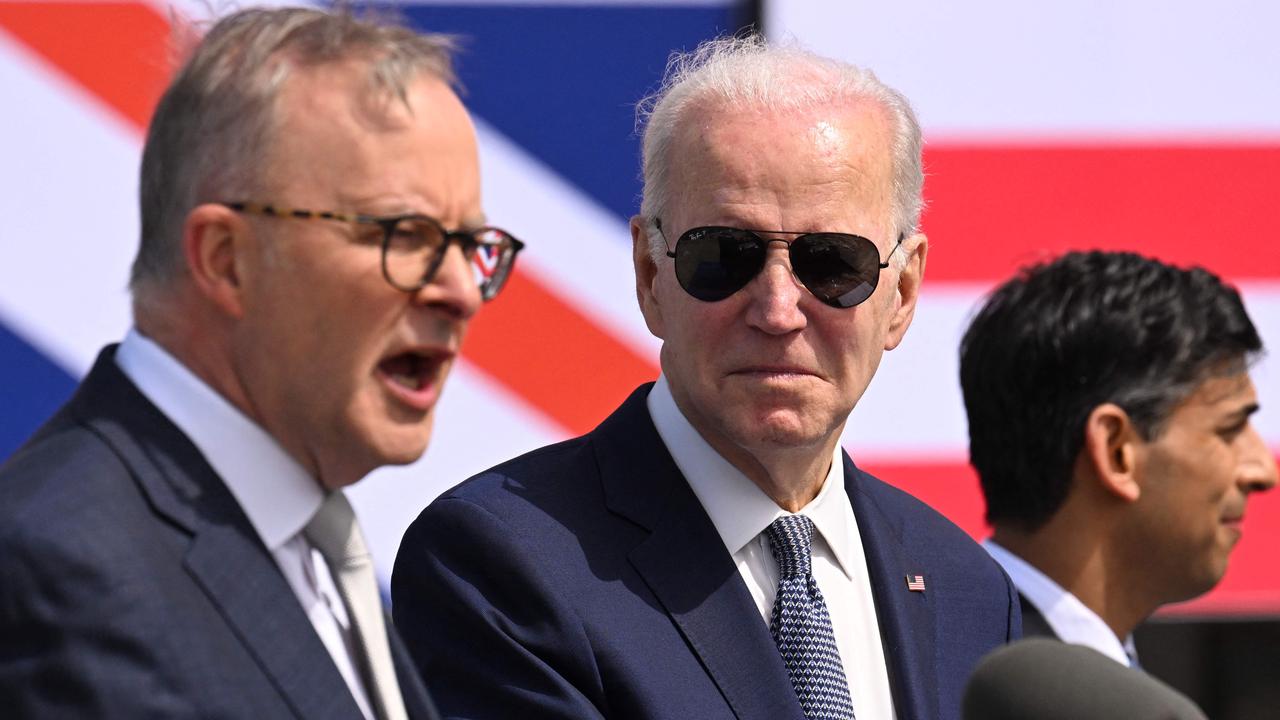
“If we want more of our high school children in less privileged outer suburban schools to have the same chances as their inner-city peers, we must set targets for higher year 12 completions and do everything that needs to be done to achieve them. If that means hard reforms, then we do the hard reforms,” he said.
“If we want planning and project approvals to be faster and cheaper in South Australia than anywhere else in Australia, set targets transparently and then measure and report the results independently. Then do what needs to be done to close the gap from where we are to where we need to be.”
Mr McClurg, whose firm is developing the Eighty Eight O’Connell apartment complex on North Adelaide’s former Le Cornu site, said the greatest issue facing SA was having the oldest population with the slowest growth rate of mainland states.
The merged Adelaide University was the best chance to reverse this decline and create a skilled workforce to meet future challenges, but this would succeed only with a capital city governed by elected representatives who “put the interests of the state ahead of their own local and often petty grievances”.
“The City of Adelaide consistently fails to do that ... that’s why I’d like to see the City of Adelaide integrated into a broader metropolitan governance structure that would ensure a unified vision for the development and progress of the entire community,” Mr McClurg said.
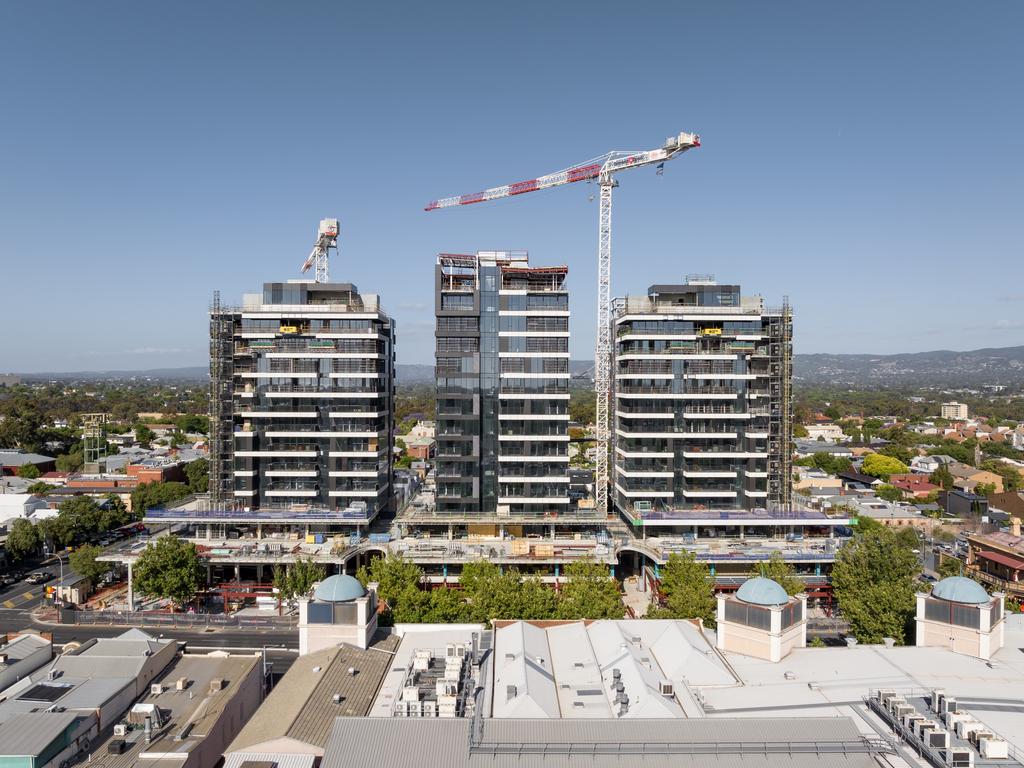
Mr Peak urged an embrace of artificial intelligence technology to “enable us to be ahead of the curve” and “unlock opportunity for future generations”.
“Technology is going to continue to lead to industry and societal change. AI is an example of that, and we need to look at how we can make it work for our economy and working people, and not shy away from it,” he said.
Committee for Adelaide chief executive Sam Dighton also urged the city to become a world leader in AI, by leveraging existing research advantages to be at the forefront of developing, trialling and adopting the technology.
BHP’s Ms Wiley said: “It’s an exciting time for SA but there is a lot of work to be done. Industry, government and communities will need to work together to capture the opportunities on offer, and I know we are up for the task.”
SA Business Chamber chief executive Andrew Kay said SA should access “the cheapest, reliable energy source on our path to net zero, driven by market-based solutions with a fuel-source neutral approach”.
“The cost of doing business is impacting business conditions and confidence for
SMEs (small and medium enterprises), with wages, energy, insurance and cost of materials having a major impact in the private sector,” he said.
“Legacy industries such as manufacturing, agriculture and viticulture are struggling, while sectors reliant on discretionary spend such as food, retail and hospitality are also facing a profit squeeze from declining revenue and rising costs.”
RAA survey says power bills our biggest blight
By Paul Starick
Paying costly electricity bills has been singled out as the biggest financial pressure facing South Australian households in a key survey, exposing a deepening price squeeze ahead of a looming federal election.
Cost-of-living pressures have dominated a survey by South Australia’s largest membership organisation, the RAA, which reveals significant unrest at prices of energy, insurance, groceries and housing.
Released exclusively to The Advertiser, the survey shows 63 per cent of more than 500 respondents pinpointed electricity bills as the top financial pressure facing their household.
This was followed by groceries (63 per cent), insurance costs (61 per cent), mortgage/rent (50 per cent) and water bills (20 per cent).
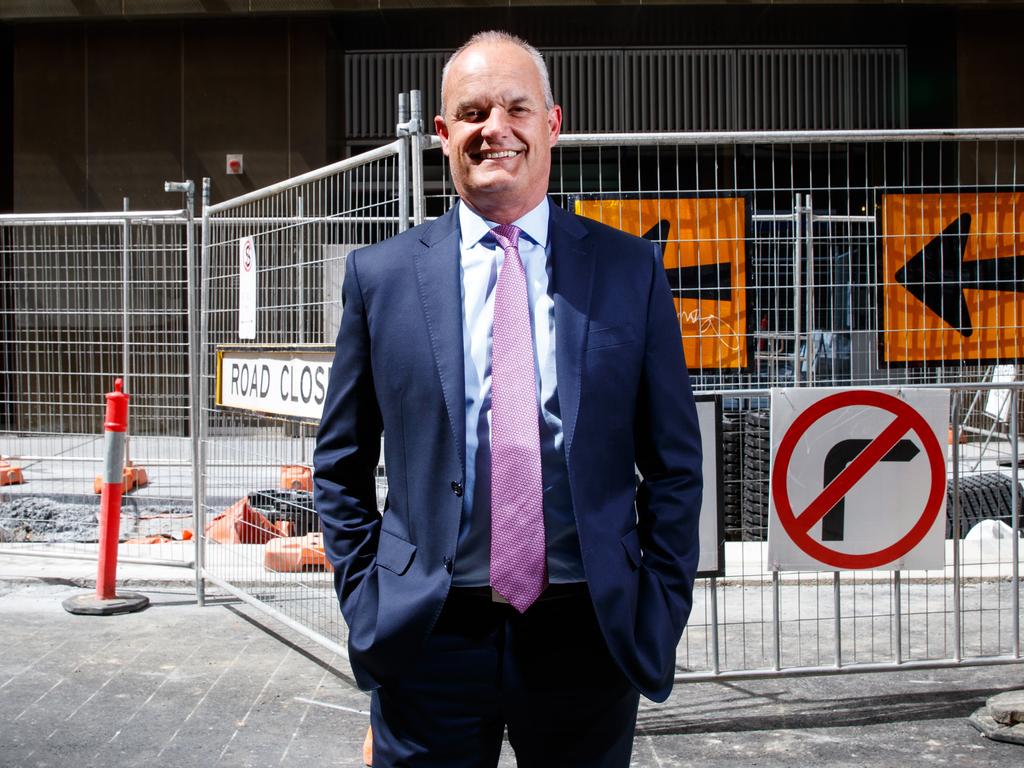
In a further demonstration of the cost pressure, 41 per cent said reducing home energy bills was among the top five issues to them personally.
Asked to rate their satisfaction with the state government’s performance on key issues, 61 per cent said they were dissatisfied with efforts to reduce home energy bills, while just 20 per cent were satisfied and 19 per cent neutral.
RAA chief executive officer Nick Reade, whose organisation has more than 825,000 members spanning more than 70 per cent of SA households, said living costs and health were consistent themes in the survey.
“It’s not surprising people are hurting at the hip pocket with interest rates at a 12-year high and the cost of energy, groceries and insurance continuing to rise,” Mr Reade said.
After the birth of son Izaak five months ago, Ella Christie made the decision to become a stay-at-home mum while her partner, Jack Buksh, 25, returned to work.
But as cost-of-living pressures continue to bite, the former student support officer is now studying to become a childcare worker to save money on her son’s childcare fees.
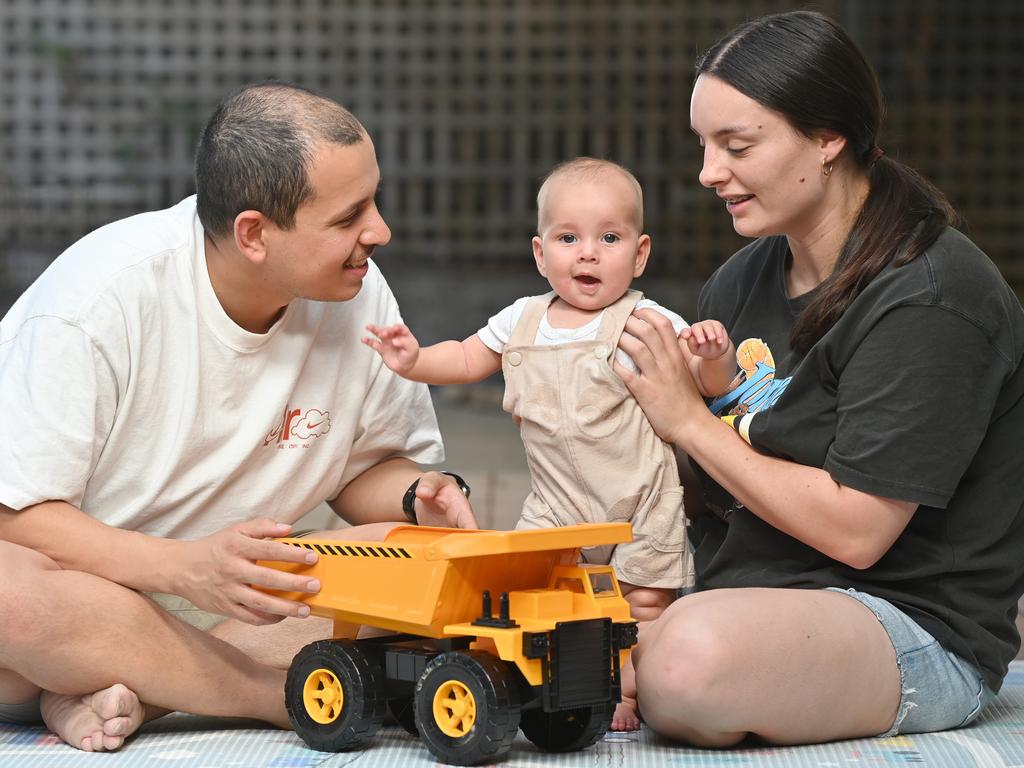
“It’s definitely taken a big toll, because I’m considering going back to work now to take the pressure off Jack and make life less stressful,” the 21-year-old said.
“I’m studying to be a childcare worker simply to be able to earn money and send Isaak to childcare because when you work in childcare, some centres cover 95 per cent of the child’s fee a day.”
Surviving off Mr Buksh’s sole income as a medical warehouse team leader has been an uphill battle for the young Morphett Vale renters, who say buying a house is an “unrealistic” dream in the current economic climate.
“We don’t save at the moment, especially because we’ve got a baby as well,” Ms Christie said.
“Everything’s gone up – water, electricity, gas, even petrol’s gone up. We cancelled all our Netflix and other subscriptions because we’re trying to save money.
“It’s hard to manage all the expenses and all the clothes, all the moisturisers that he needs because he’s very eczema prone. We have no vision of being homeowners, we just have a vision of living day-to-day with what we’ve got.”
In another alarming sign for the Malinauskas Labor government, respondents rounded on the failure to keep the centrepiece 2022 election promise to fix the ambulance ramping crisis.
Ensuring hospitals have sufficient capacity was the top-rated issue of personal importance, with 57 per cent singling this out.
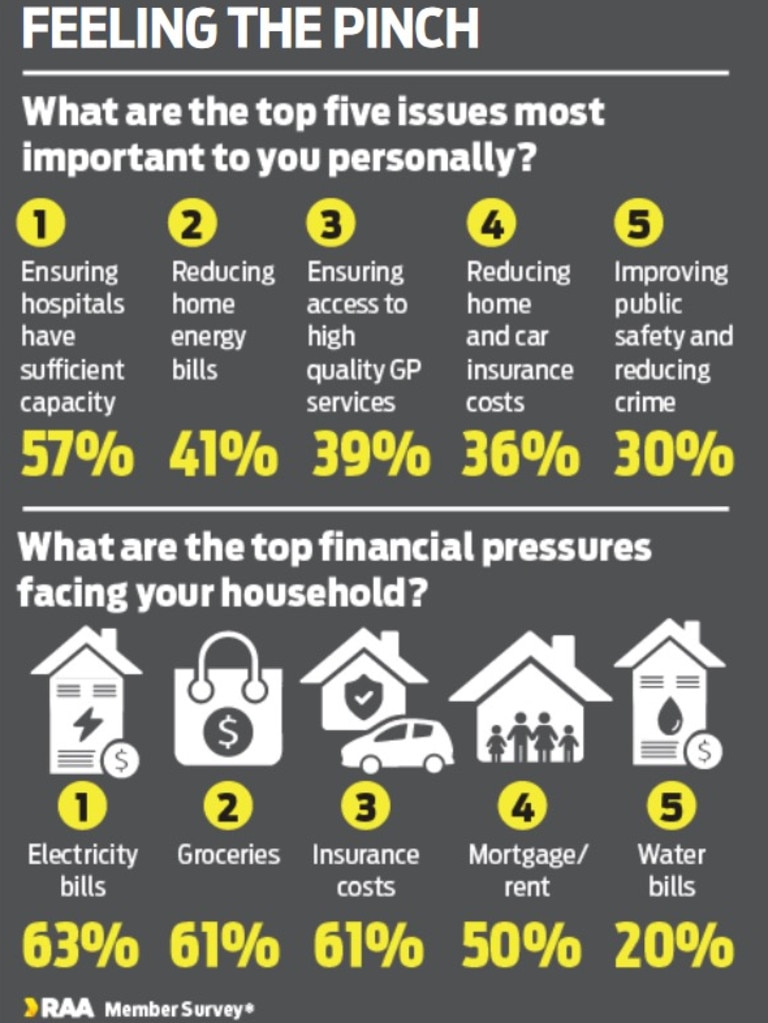
Similarly, hospital capacity was the equal-top item of dissatisfaction with the state government, with 64 per cent marking down the response, compared to a satisfaction rating of just 11 per cent and 25 per cent neutral.
An identical 64 per cent were dissatisfied with state government efforts to reduce house and car insurance costs, but 24 per cent were satisfied and 12 per cent neutral.
The survey results illustrate significant anger at Prime Minister Anthony Albanese’s failure to keep his promise to cut household power bills by an average of $275 by 2025.
Labor and the Coalition have revealed sharply different agendas for electricity ahead of a federal election expected within months, with the Albanese government pressing forward with plans to make Australia a renewable energy superpower and Opposition Leader Peter Dutton unveiling a $331bn plan for a net-zero nuclear-powered grid by 2050.
Mr Reade said other issues affecting South Australians included improving road safety, building key infrastructure to support housing developments and fairer motoring taxes and charges.
“Road and transport issues remain high priorities for South Australians, with road safety, fairer taxes and charges, and fair and transparent fuel pricing still important to the voting public,” he said.
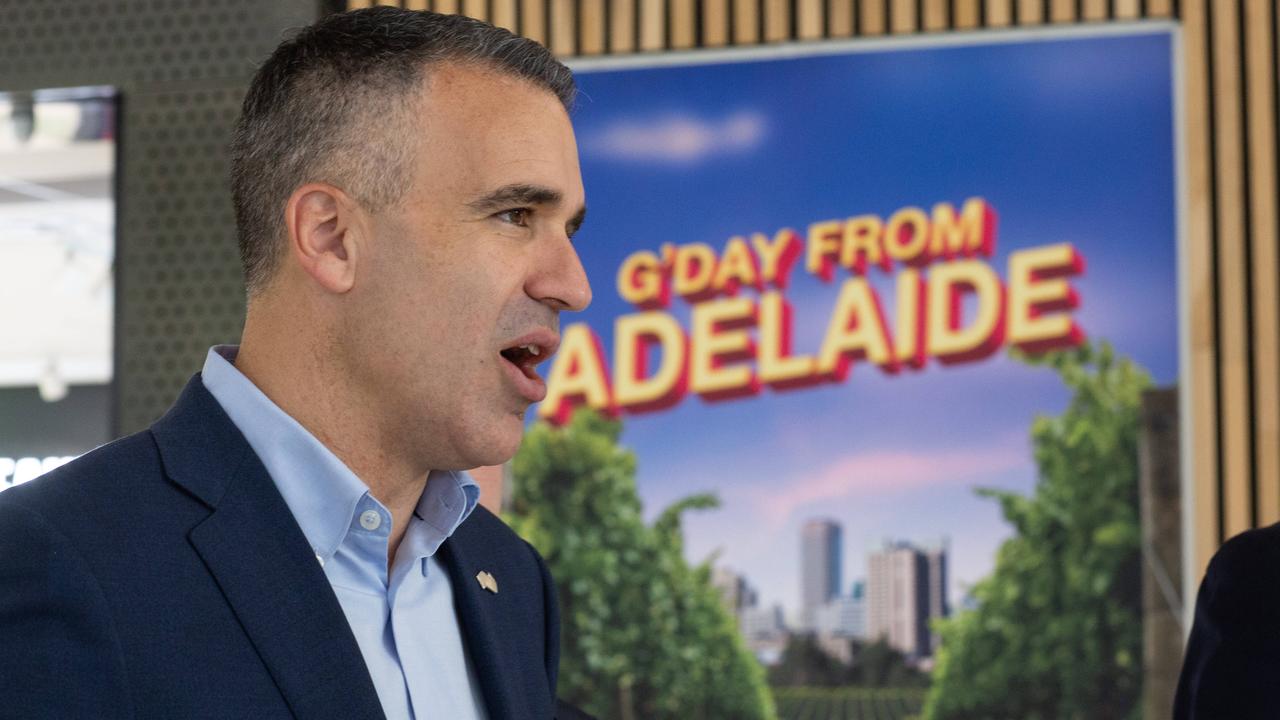
Mali’s India to Adelaide direct flight mission
A push for direct flights between India and Adelaide, plus attracting more international students, will be key focuses of an overseas trip in March by Premier Peter Malinauskas.
In a five-day trip to India, the world’s fastest-growing economy, Mr Malinauskas will visit New Delhi, Hyderabad and Mumbai.
Mr Malinauskas will meet with Indian government representatives, along with senior education agents and partners, in a bid to promote study and work opportunities for Indian international students in South Australia.
Ahead of the trip, he met on Friday at Flinders University’s city campus with Indian High Commissioner to Australia Gopal Baglay.
International education is SA’s top export, worth more than $3bn to the state economy, and attracting more than 55,000 international student enrolments.
“India is already our biggest source of international students, and the opening of the new Adelaide University next year presents opportunity to attract even more students, which would be a significant boost for our economy, our community and our workforce,” Mr Malinauskas said.
“We now export more than $1bn worth of goods to India, but there is opportunity for even more growth as demand increases for our world-renowned produce.
“And with a growing Indian community in South Australia, it makes sense to explore opportunities for direct flights between Adelaide and the world’s most populous nation.”
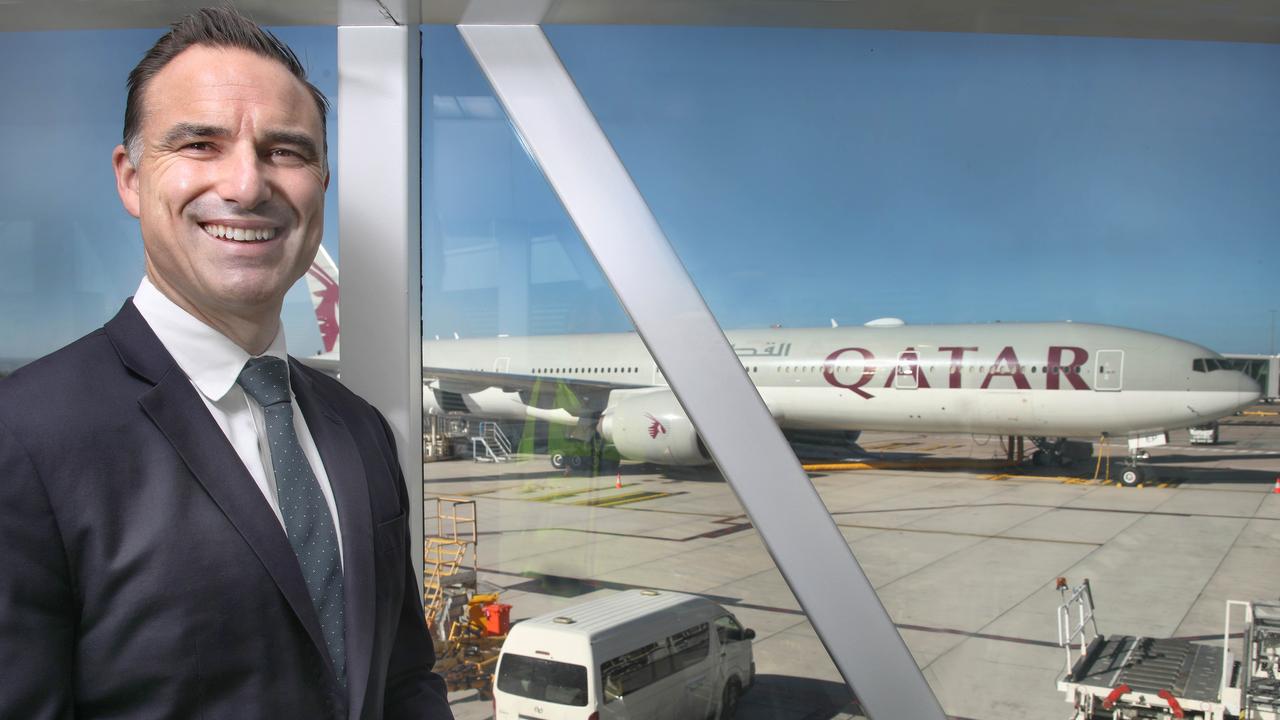
Adelaide Airport managing director Brenton Cox said India had become the biggest driver of inbound travel and was an incredibly important education market, including for people visiting friends and relatives.
“A direct service between Adelaide and India would economically make sense for any airline that wished to serve it tomorrow,” he told The Advertiser.
“But, as I always say, when an airline deploys an aircraft to a city, in that moment, it has to be the most profitable decision for it to make.
“So it’s not if, it’s when, when it comes to an India service – and having really high-level delegations to make the case for our city is always a good thing.”
In a joint statement, Adelaide University co-vice chancellors Peter Hoj and David Lloyd said the merged university would have students from more than 100 countries.
“Our founding institutions already host a rich Indian community, and we’re anticipating strong enrolment growth – particularly in areas of mutual skills demand such as computer science, business, engineering, advanced manufacturing, energy transition and healthcare,” they said.
Flinders University vice chancellor Colin Stirling said his institution was “uniquely positioned” to embrace an international student resurgence in SA, citing the new city campus and dedicated recruitment centres in New Delhi.
“International students from India enrich our university community and strengthen South Australia’s global connections, creating benefits that flow throughout our state,” he said.
StudyAdelaide chief executive Jane Johnston said Indian students enriched the SA community, including through working and volunteering, and graduates supporting the workforce.
More Coverage
Originally published as Building a Bigger, Better South Australia: Industry chiefs call for tough public service rules in bid to slash business red tape









